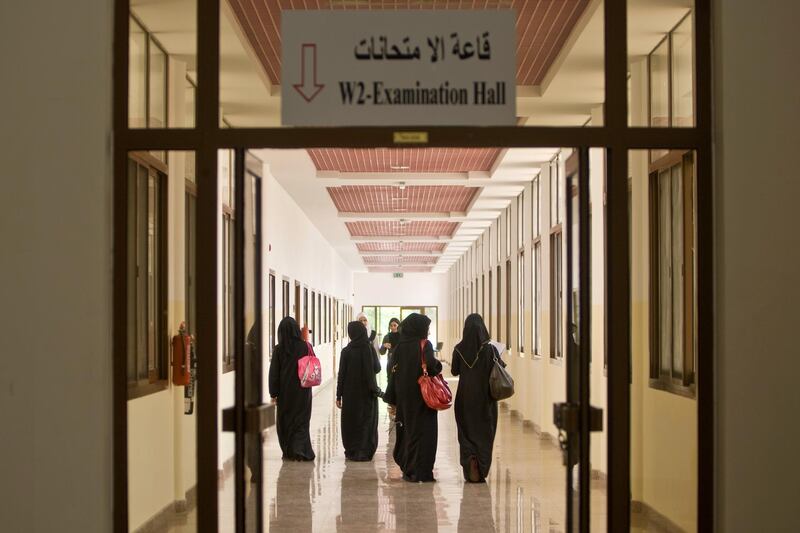The Fourth Industrial Revolution has made us question what it means to be human: what skills we bring to the workplace and what value we add to society as a whole. It is in that light that the World Economic Forum’s annual global gender gap report shows that while we talk of parity in politics, education, health care and economics, there is still much to be done. This year’s report states it will take 108 years to close the gender gap worldwide according to today's criteria. That figure is unfathomable, and unacceptable.
When the index was first conceived in 2006, assessing countries on their progress in four areas – economic opportunity, education, health and survival, and political empowerment – it was hoped there would be a vast improvement in both the opportunities and rewards offered to women. Twelve years on, while incremental strides have been made, no country has achieved total parity to date and only the top seven countries have closed at least 80 per cent of the gap. There is still an average gender gap of 32 per cent across the 149 countries surveyed, with the largest disparity in political empowerment, which has a worldwide gap of more than 77 per cent.
The UAE has made advances in this respect recently, announcing last month that women will make up half the members of the Federal National Council, which will place it among the top five countries in the world for representation at that level. Sheikh Mohammed bin Rashid, Vice President and Ruler of Dubai, also unveiled a package of measures which will enable more women to take up posts in the judiciary and diplomatic corps. Countries which fail to do the same are doing themselves a disservice. In an increasingly competitive and globalised world, nations cannot afford to lose out on the skills, ideas and creativity of half their population. As new technologies and automation bring new challenges, the contribution of all members of society will be critical. That is something Nordic countries such as Iceland, Norway and Sweden, which top the survey, have realised. Others should follow suit. As WEF founder Klaus Schwab says, the world cannot afford to deprive itself of talent in areas where it is already scarce.





